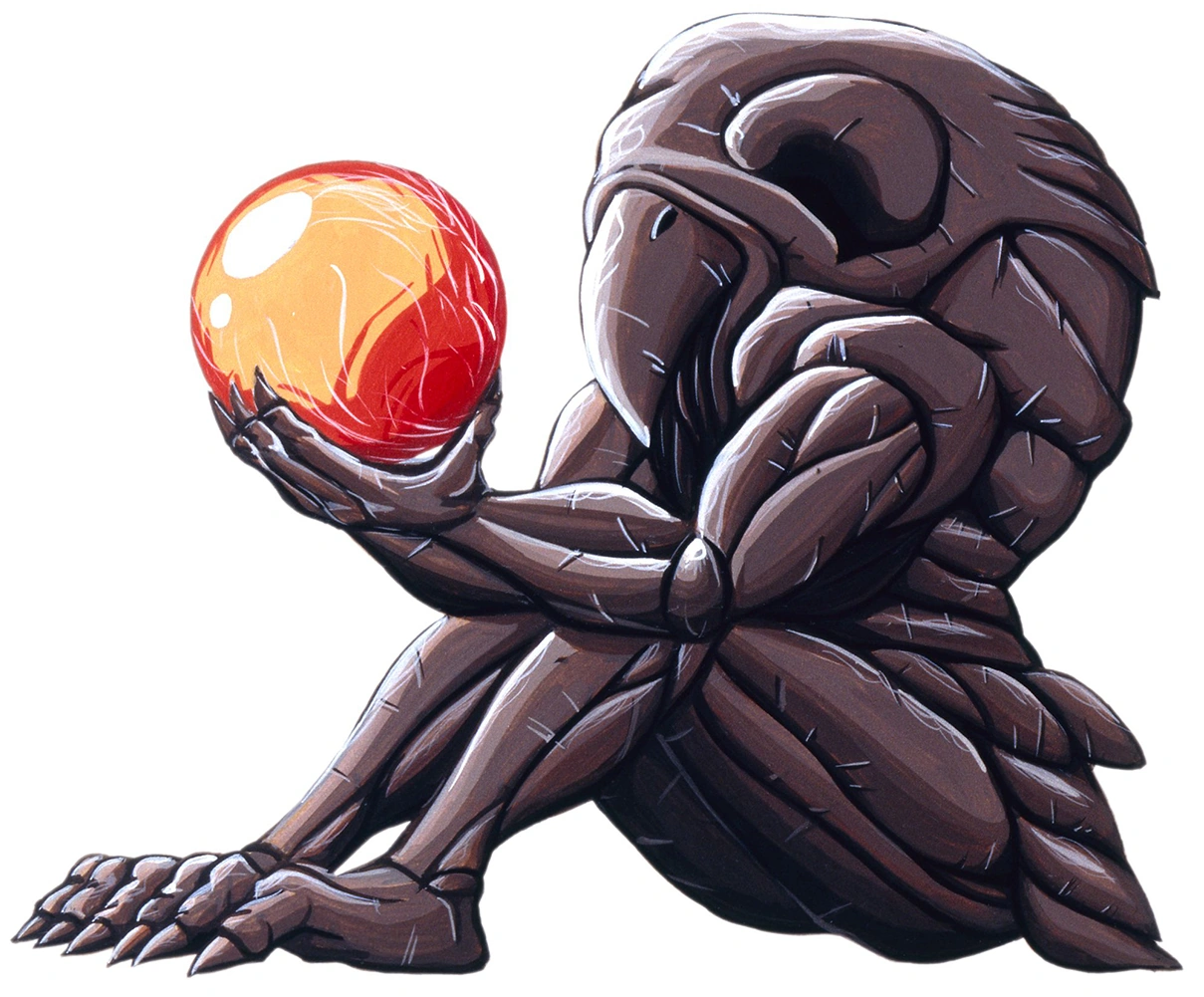I’m firmly on the side of “water is not wet” in this debate, but it’s a question that I was asked while I was high and have no answer to it. Water cannot itself be wet because you can’t get water on water. However, what is a fish in a lake? It can’t be wet until it’s taken out of the water, but it’s not dry either. Is it something else?
A living fish is immersed in water.
Now this is an answer I can get behind
I like immersed, I would also accept submerged
what about drenched (or my incorrect but preferred derived slang: draunched?). If one is submerged or immersed, are you also… drenched?
Submerged
Submerged
-ness
Moisture is the essence of wetness, wetness is the essence of beauty.
Mer-MAN!
Particle man, particle man
Doing the things a particle can
…
When he’s underwater does he get wet?
Or does the water get him instead?
Nobody knows, Particle man
So, just to understand your position - is a soaked sponge not wet?
I think a fish in water is still wet (i.e. in contact with some amount of water) but that’s superseded by the fact that it’s immersed in water, and thus not a very meaningful attribute.
I’ve never seen a sponge sink on its own, so in some sense they will always either wet or dry when not in use. If something holds a sponge under water, it becomes immersed and gains this mysterious new property
Water cannot itself be wet because you can’t get water on water.
I disagree with this assessment.
Water itself is wet. It’s an inherent property.
Water on water changes nothing. It’s still wet.
Water is a liquid. Water on something not wet makes it wet - through wet water attachment. It’s wet as long as it has water attached.
Something not wet submerged in water consequently must be wet. Although it’s not particularly verifyable due to its submerged nature. You touching it means also touching all the water around it. But I don’t see how it’s wet property would be different from it with only a little water on it.
Thinking of a sponge - it will take in water and be considered wet. This also is the case in water. It won’t stay indistinguishable.
Water itself cannot be wet, because wetness is a property applied to something that has gotten water on it. Water can neither be wet or dry, because those properties require the presence (or lack thereof) of water on something that itself is not water. When swimming, you don’t feel wet until you’re no longer in the water. That’s because there is an equal amount of water to skin on your body; (thanks to others for helping me) you’re immersed in water. Describing water as wet is like describing oil as “covered in oil”.
So what if I take a bunch of water and pour some water on it? Have I made wet water?
Does adding rocks to a rock make it rockier, or harder? Does it become a rocky rock?
rockiness isn’t really the same thing; take people for example. only one person could conceivably be rocky: sylvester stallone. meanwhile plenty of people can be wet, for example me when i see sylvester stallone.
Oh, you
umami
Lol, I’ve yet figure out what umami actually tastes like. I know salty, sweet, sour,… but wtf is umami? Every example/description of it sounds completely different. Can I go buy an umami-spice somewhere? Can it even be isolated? Does “umami” actually exist, or was it made up to trigger the shit out of people whenever someone mentions it online??
K, I’ll see myself out.
MSG
Can you describe what saltiness is without using the word salt?
Tastes like sweat.
“Hmmm… I tasted the food, I think it would be better if it tasted a little more like human sweat.”
Either way, that’s not really a description so much as comparative example, that’s like describing umami as soy sauce.
what is the property of something in water?
Submergence?
177013
I hate that I know what this means.
Saturation.
Saturation is moreso about having water (or any substance, really) within and throughout a thing. Being in or out of water doesn’t matter since that’s just concerning the outside.
it is wet, just covered in a lot more water
Depth.












